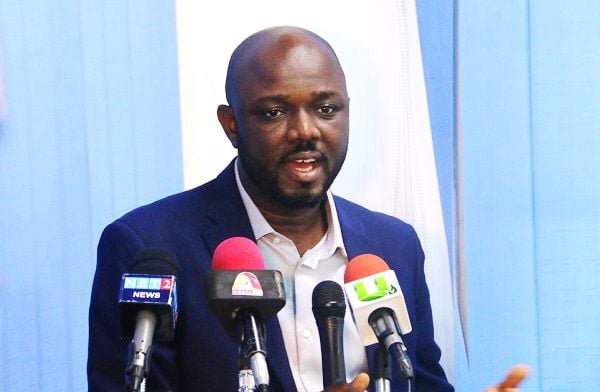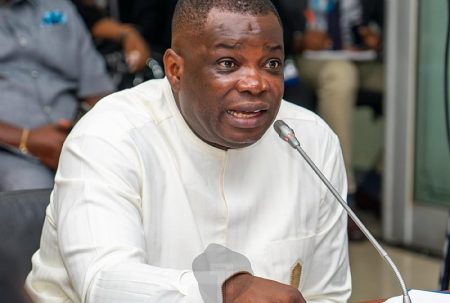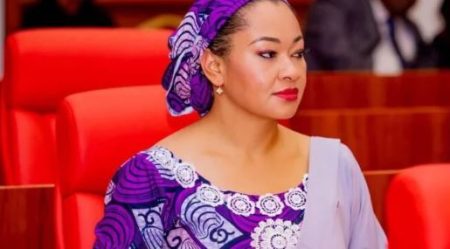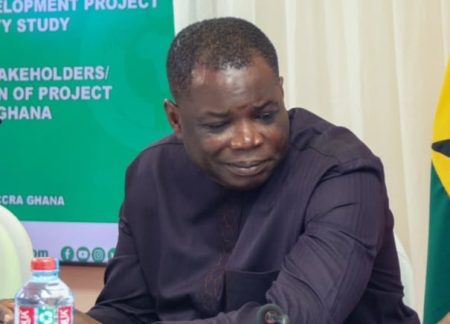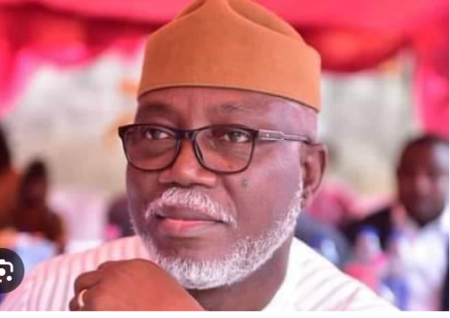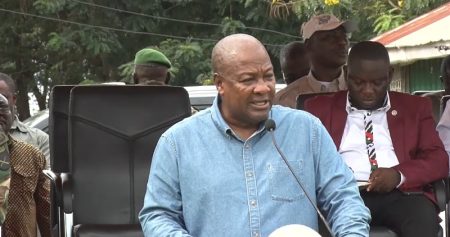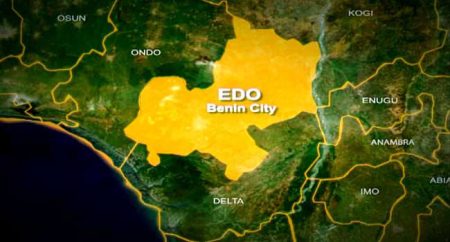The introduction of a new levy on fuel in Ghana has sparked controversy and criticism, particularly from Benjamin Boakye, Executive Director of the Africa Centre for Energy Policy (ACEP). The levy, aptly dubbed the “dumsor levy,” adds GHS1 to every litre of fuel purchased, ostensibly to address persistent challenges within the energy sector. Boakye vehemently opposes the levy, arguing that it unfairly burdens ordinary Ghanaians while failing to address the root causes of the energy sector’s woes. He contends that instead of resorting to regressive taxation, the government should prioritize tackling inefficiencies, waste, and holding those responsible accountable. This levy, he asserts, merely serves to enrich those who benefit from the sector’s dysfunction while further impoverishing the average citizen. Boakye’s critique underscores a deeper concern about the government’s approach to solving systemic issues, suggesting a reliance on quick fixes like tax increases rather than implementing sustainable, long-term solutions.
The Energy Sector Levies (Amendment) Bill, 2025, which authorized the new levy, was passed by Parliament amidst a walkout by minority members. Finance Minister Dr. Cassiel Ato Forson justified the levy as a necessary measure to address the critical state of the energy sector. He explained that current electricity tariffs are insufficient to cover fuel costs used in power generation, necessitating a dedicated funding source to prevent further crises. However, this justification fails to resonate with critics like Boakye, who view the levy as a symptom of a broader failure to manage the energy sector effectively. The levy, they argue, simply transfers the burden of the sector’s inefficiencies onto the public, while shielding those responsible from accountability.
The “dumsor levy,” a term reminiscent of Ghana’s previous struggles with power outages, underscores the cyclical nature of the country’s energy challenges. The levy’s implementation ten years after the introduction of the Energy Sector Levy Act (ESLA) – another levy designed to address similar issues – highlights the lack of progress in achieving long-term solutions. Boakye’s comparison of the current Finance Minister to his predecessor, Ken Ofori-Atta, suggests a continuation of policies that prioritize short-term fixes over addressing the systemic inefficiencies that plague the energy sector. This perceived lack of meaningful reform raises concerns about the government’s commitment to sustainable energy solutions.
Boakye’s critique goes beyond simply opposing the new fuel levy; it challenges the government’s overall approach to governance. He argues that the government’s reliance on taxation to address sector-specific challenges reveals a deeper reluctance to confront the underlying issues of mismanagement, waste, and potential corruption. He points to the stark contrast between the struggles faced by ordinary Ghanaians and the apparent prosperity of those who benefit from the energy sector’s inefficiencies, suggesting a system that rewards those responsible for its failures. This perceived inequity fuels public resentment and undermines trust in the government’s ability to effectively manage public resources.
The controversy surrounding the “dumsor levy” exposes a fundamental disagreement on how to address the persistent challenges within Ghana’s energy sector. The government frames the levy as a necessary measure to ensure the sector’s stability, while critics like Boakye view it as a band-aid solution that ignores the deeper structural issues. This divergence in perspectives highlights the urgent need for a comprehensive review of the energy sector’s management and a commitment to implementing reforms that address the root causes of its inefficiencies. Furthermore, it underscores the importance of transparent and accountable governance to rebuild public trust and ensure that the burden of addressing these challenges is not disproportionately placed on the shoulders of ordinary citizens.
Moving forward, a productive dialogue between the government, energy experts, and civil society is crucial to finding sustainable and equitable solutions. This dialogue should prioritize identifying and addressing the underlying causes of the energy sector’s challenges, including issues of mismanagement, waste, and lack of transparency. Furthermore, it should explore alternative strategies for securing necessary funding without resorting to regressive taxes that disproportionately burden the most vulnerable segments of the population. Only through a collaborative and transparent approach can Ghana hope to achieve long-term energy security and stability while ensuring fairness and equity for all its citizens.





